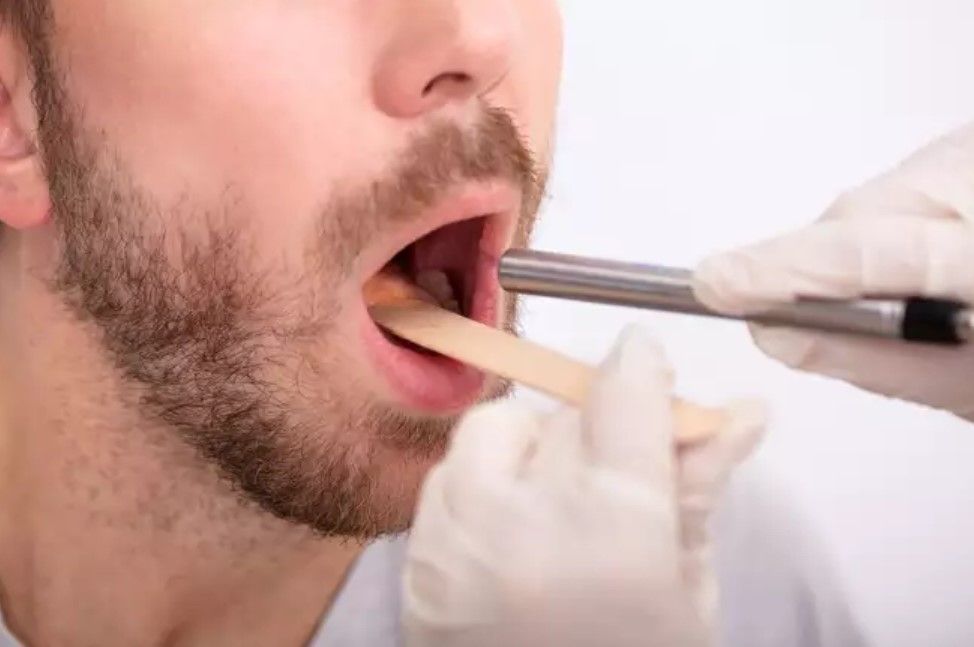
You have been infected with gonorrhea if you notice these symptoms in your body
Published on October 2, 2021 at 10:00 AM by Flora Mitumba
This is a disease caused by a bacterium that can be transmitted sëxually from one person to another. Gonorrhea can affect both men and women. In most cases of gonorrhea, the urethra, rectum or throat are affected. gonorrhea is also capable of infecting the cervix in females.
Image credit :Wikihow
Gonorrhea is commonly spread during sexual activity which includes våginål, orãl and ānal sèxual interaction. During childbirth, it is also possible for an infected mother to transmit her condition to a baby. Among babies, gonorrhea is most frequently associated with eye problems.
Most of the time, gonorrhea infection does not cause any symptoms. The symptoms of this disorder, however, can appear in many parts of the body, but are most often found in the genital tract.
Men who suffer from gonorrhea infection experience the following signs and symptoms:
Painful Urination
A discharge of pus from the pênis
Pain or swelling in one of the testicles
Some of the signs and symptoms of gonorrhea infection in women include:
Increased discharge from the vaginal area
Urinating in pain
Post-våginal bleeding
Pelvic or abdominal discomfort
Gonorrhea can also affect these areas:
Rectum. There might be anal itching, rectal discharge, blood spots on toilet tissue, and straining during bowel movements.
Eyes. One or both of your eyes can be affected by gonorrhea, which can cause pain, sensitivity to light, and discharge that looks like pus from the eye.
The throat. You may experience symptoms of a throat infection such as a sore throat and swollen lymph nodes in the neck.
Joints. In the case that one or more joints become infected with bacteria (septic arthritis), the affected joints might be warm, red, swollen, and extremely painful, especially when moved.
The best time to see your doctor
Image credit :Wikihow
When you notice any troubling signs or symptoms, such as a burning sensation when you urinate, or a pus-like discharge from your penis, vagina, or rectum, you should schedule an appointment with your doctor.
If your partner has been diagnosed with gonorrhea, you should also make an appointment with your doctor. You may not experience any signs or symptoms that cause you to seek medical attention.
In spite of the fact that symptoms often disappear, it is still possible to reinfect your partner if you do not get him or her treated.


